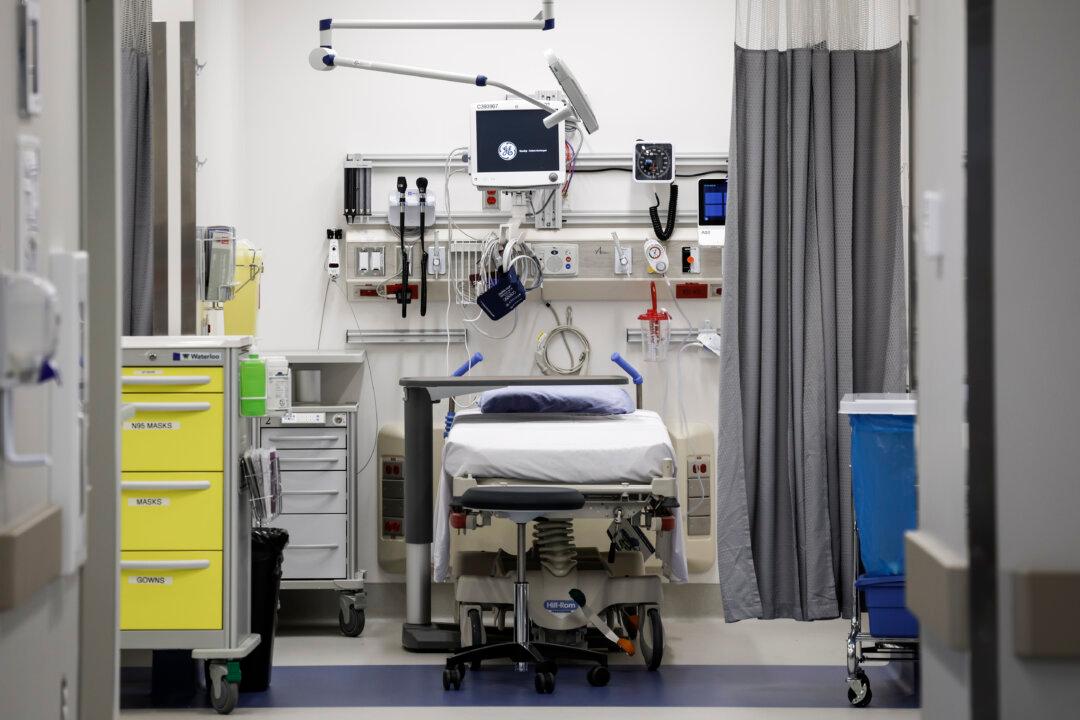Canadians diagnosed with cancer and their caregivers bear an average of $32,778 in cancer-related costs over the patient’s lifetime, a new report suggests. Those costs include out-of-pocket expenses, time costs, and lost income due to unemployment.
The rising incidence of cancer among Canadians not only contributes to higher costs for the health-care system, it also significantly increases the financial burden on patients and caregivers, according to a recent report from the Canadian Cancer Society. This year, the societal cost of cancer is projected to reach $37.7 billion, with patients and their caregivers bearing 20 percent of this amount—roughly $7.5 billion.





